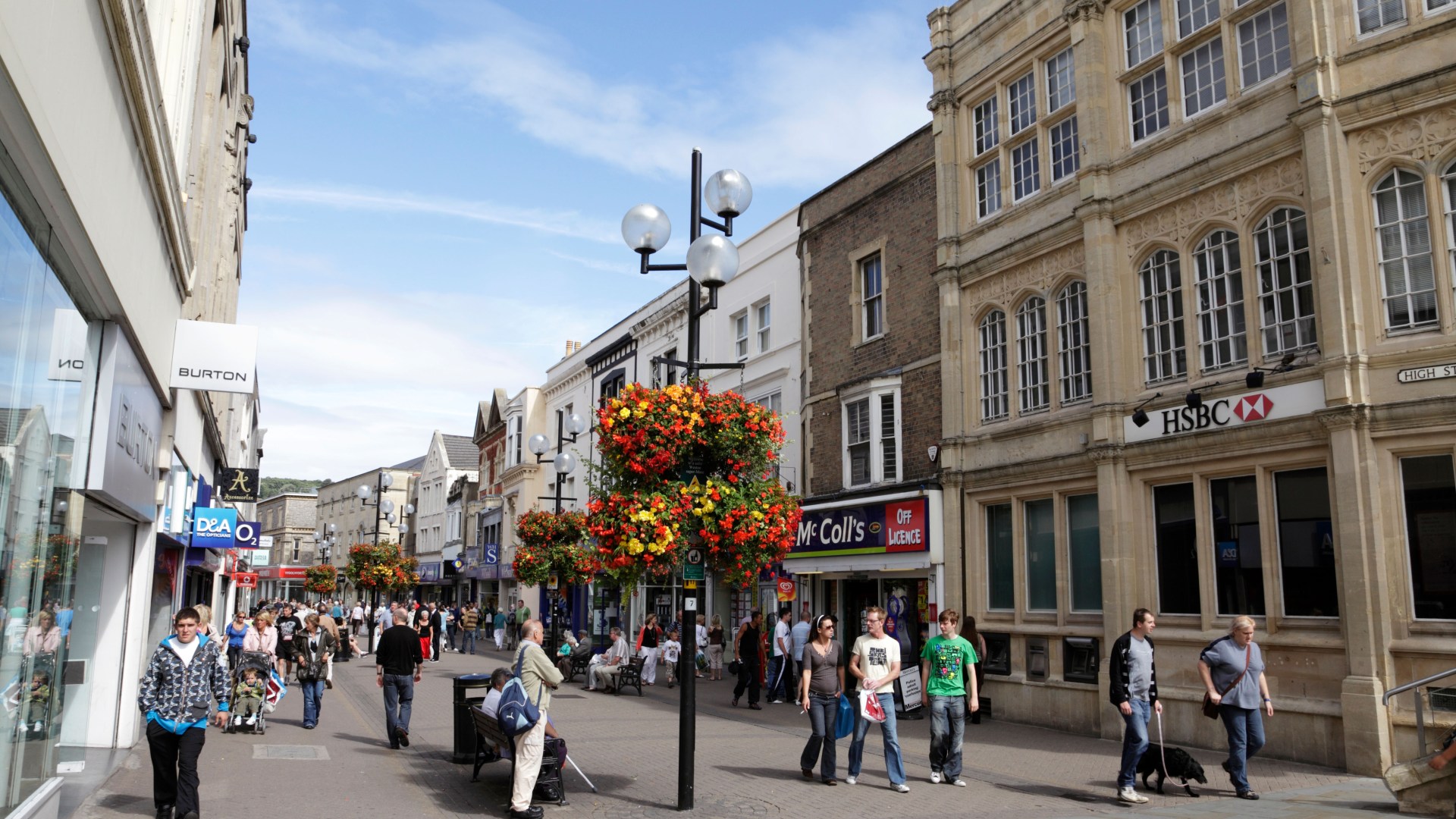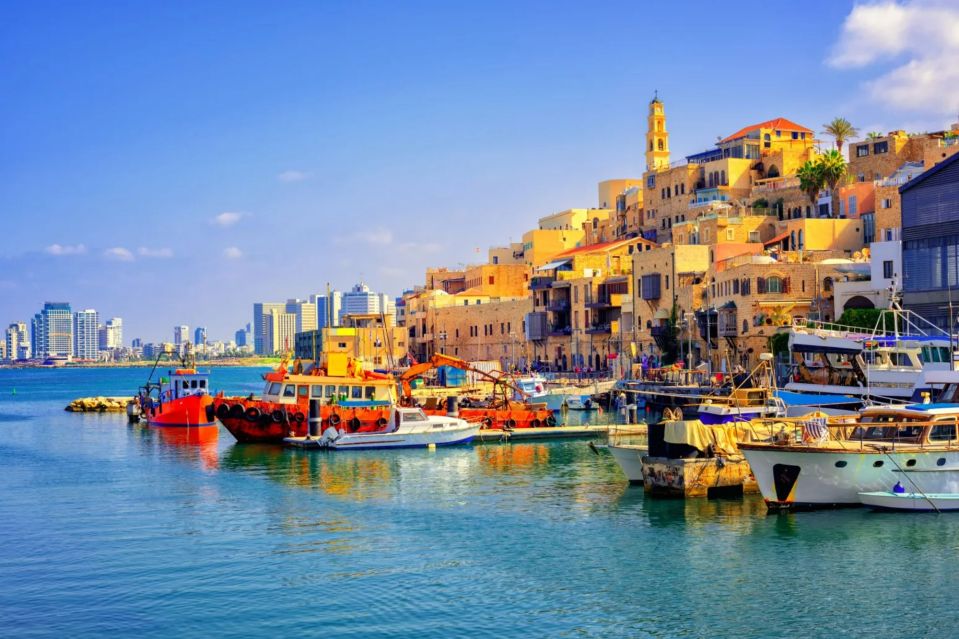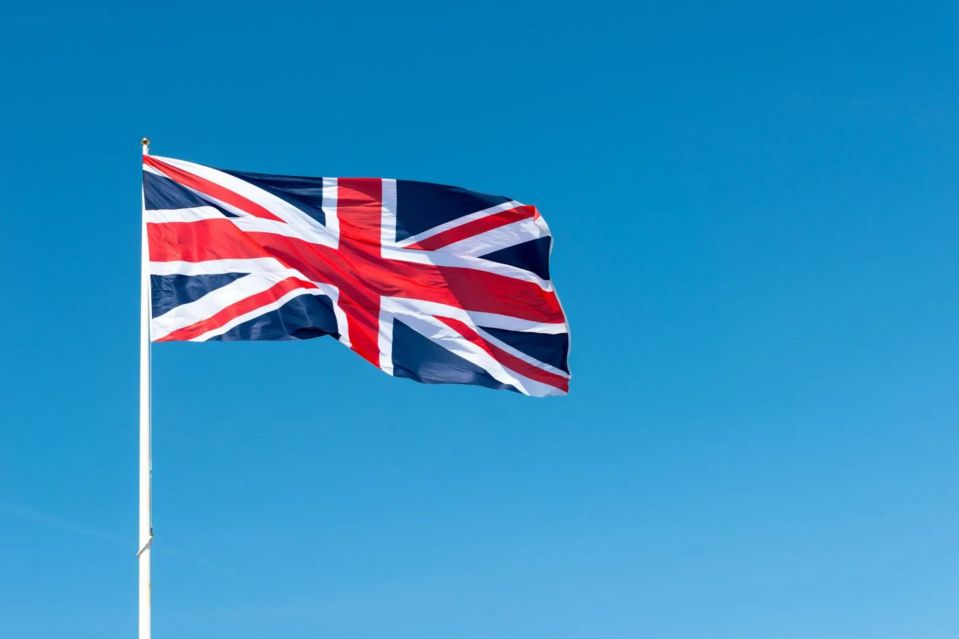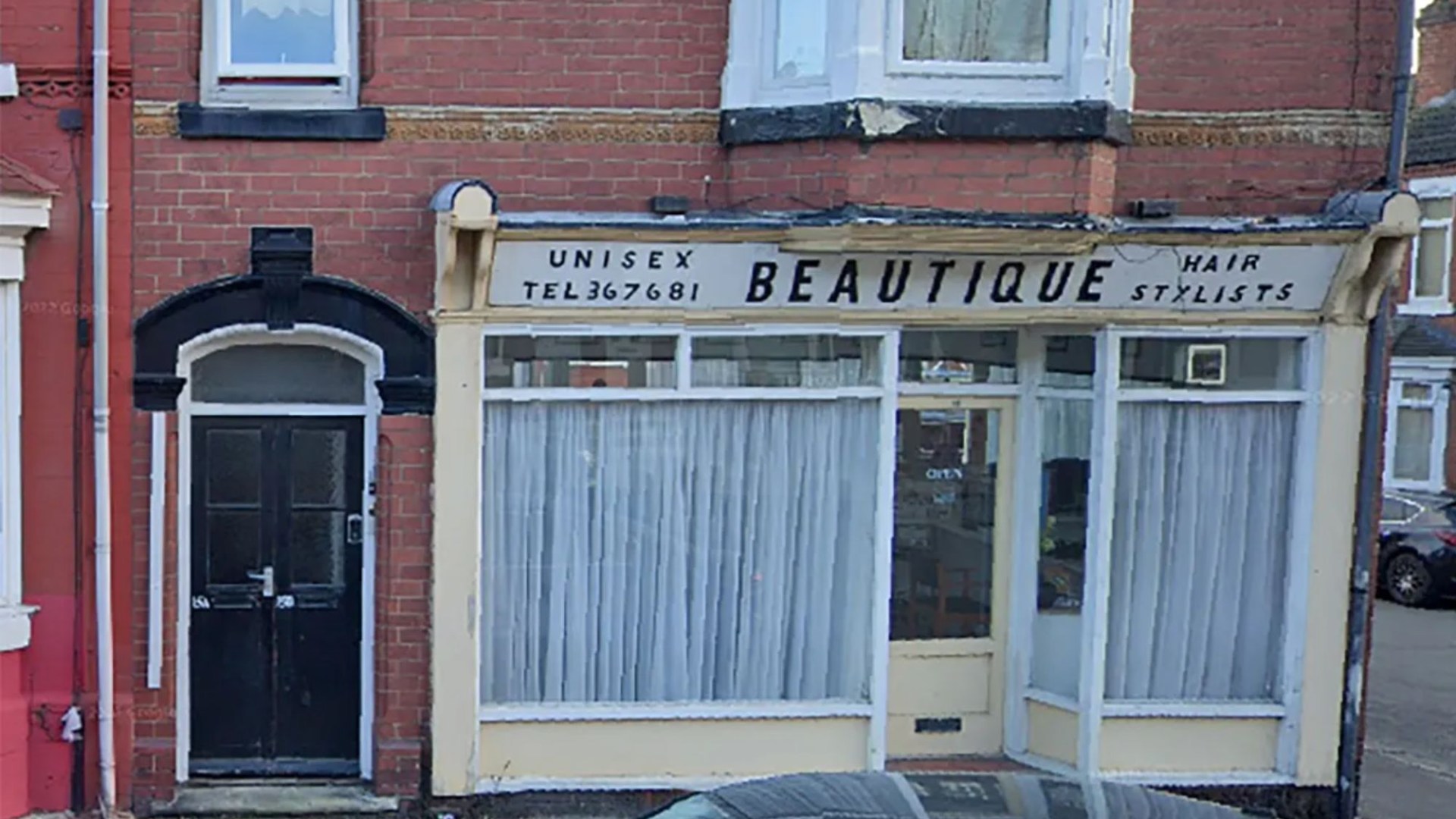The UK must mobilise £1.6tn of funding by 2040 to meet the nation’s public infrastructure needs, according to new research that underscores the vast investment demands confronting Sir Keir Starmer’s government.
The research from consultancy EY comes as chancellor Rachel Reeves contemplates loosening her fiscal rules to allow the Labour government to increase borrowing to pay for higher levels of public investment.
On Friday, Lord Gus O’Donnell, formerly the UK’s most senior civil servant, added to mounting calls that the chancellor should ditch her “absurd” debt rule as part of fiscal reforms that bolster capital spending.
The prospect of higher borrowing has put gilt investors on edge this week as they await clearer signals from Labour about its plans to plough more public money into the nation’s ailing infrastructure.
Reeves on Monday told the Labour party’s annual conference she would end the “low investment that feeds decline” as she hinted that a rethink of the UK’s fiscal framework was under way.
Starmer, the prime minister, later declared in a visit to New York for the UN General Assembly this week that he had “always thought that we should borrow to invest”. He added that government would be a “catalyst” for private spending.
The EY report, led by former Treasury adviser Mats Persson, estimated a £1.6tn in required spending between now and 2040 in areas including energy, transport, and defence.
Far greater private sector involvement would be required alongside public spending if the needs were to be met, said Persson, now an EY partner.
“There is an absolute need as well as significant potential for more private investment into UK infrastructure assets and capital programmes that have traditionally been funded by taxpayers,” said Persson.
The consultancy drew its estimates from the government’s National Infrastructure and Construction pipeline of planned and projected infrastructure programmes, and departmental capital projects that have not been allocated money.
The list of unfunded projects include rail networks, upcoming phases of the Tempest air defence programme, energy projects as well as hospitals and schools. The figure excludes projects already under way such as the HS2 high speed rail line and those the NIC has said are being funded by the private sector.

Existing fiscal scenarios suggested that only £900bn of the programmes would be covered by public spending, EY said, leaving a £700bn shortfall.
Given the UK’s poor record of delivering infrastructure projects on budget, the true bill could be a further £1tn higher, EY warned.
The UK has sat at the bottom of a G7 league table of total investment for most of the past three decades, damaging the quality of infrastructure including roads and hospitals.
Reeves also faces intense pressure to find extra funding for day-to-day expenditure on public services ranging from education to the courts, setting up painful decisions in the October 30 budget.
Treasury officials are working on an overhaul to the UK’s fiscal rules as they seek to balance demands for spending on public services and infrastructure with warnings from the UK’s fiscal watchdog that Britain’s debt levels are on an “unsustainable” upward path.
In a column for the Financial Times, former cabinet secretary O’Donnell argued that the Treasury should incorporate measures of public debt that better reflected assets as well as liabilities, a move that would enable greater capital spending.
He also criticised the UK’s fiscal rule — adopted by Reeves from the previous Conservative government — that requires public debt to be falling year on year in five years’ time.
“We should ditch the last government’s absurd debt rule, which requires debt to be falling between years four and five, but says nothing about other years,” he said.
He argued that the government should take steps to reassure investors that the UK’s public finances were on a sustainable path to “allow space for higher, worthwhile investments while retaining market credibility”.
O’Donnell said the government should seek to balance day-to-day spending against taxes in three years, rather than five, and require the independent Office for Budget Responsibility to provide an independent assessment of debt sustainability.
Reeves is said by colleagues to be determined to stick to Labour’s manifesto commitment to a fiscal rule under which debt must fall as a share of GDP in the fifth year of the forecast. Her focus is instead on how that debt is measured, they said.
A Treasury spokesperson said Reeves’s October 30 Budget — the first from a Labour government since 2010 — would be built on “the rock of economic stability, including robust fiscal rules that were set out in the manifesto.”










































































































































You must be logged in to post a comment Login